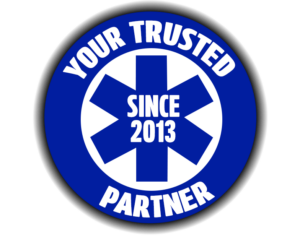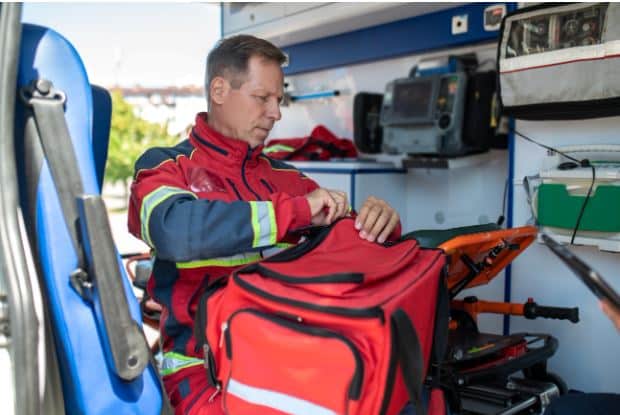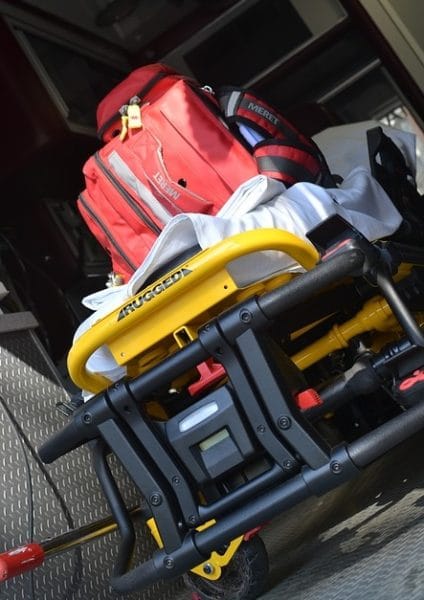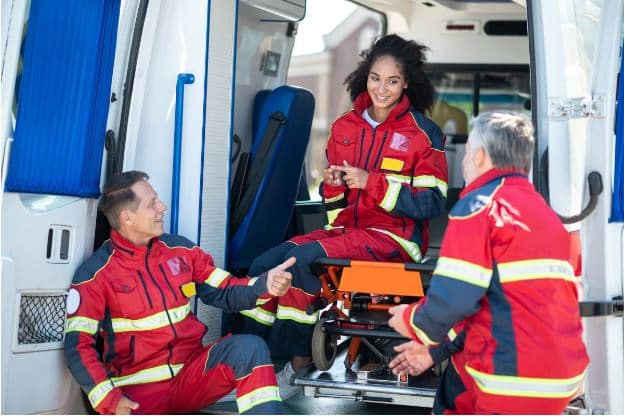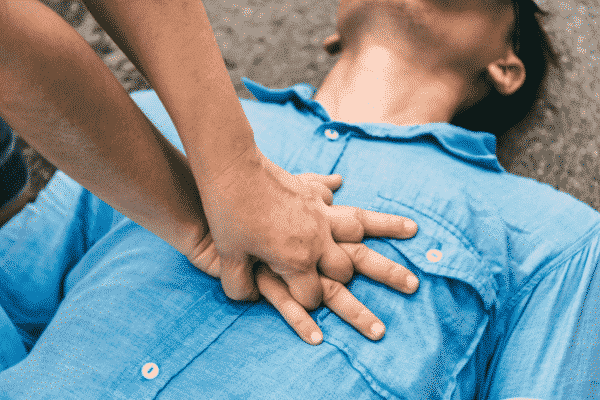
What Kind of Jobs Require CPR Certification?

After the heart stops beating, it only takes a brief four to six minutes until the brain actually dies. CPR or cardiopulmonary resuscitation not only keeps blood flowing, but it also allows oxygen to reach the brain and other vital organs. CPR can save a person’s life and offer a better chance of recovering from the injury or illness that caused the stopping of the heart.
The three basic components of CPR are abbreviated as CAB, or compressions, airway, and breathing. They are a reminder of what the CPR process needs to include to be successful. The steps in performing CPR include:
- Inspect the person and the scene – Make sure the surroundings are safe and try to rouse the person by tapping them and shouting, “Are you okay?”
- Call 911– If the person is unresponsive, it’s time to call for EMS. If no one else is around to assist you, you should prepare to start CPR.
- Open the airway – Lift the person’s chin by tilting the head back slightly.
- Listen for sounds of breathing – If the person is not breathing at all, it’s time to begin CPR.
- Start chest compressions – The correct hand positions are taught using CPR training manikins. One hundred compressions per minute that are two inches deep are necessary in order to stimulate the heart muscle.
- Administer rescue breaths – Two rescue breaths are given between cycles of chest compressions.
- Continue giving CPR until the person resuscitates, help arrives, or you are too exhausted to continue.
CPR certification is offered by the Red Cross and can be obtained online or by taking a CPR training class. Earning your CPR certification simply means that you attended the required training class and passed a written exam regarding the procedures.
There are professions that often require you to have your CPR certification in order to do them. They include:
- Firefighters
- Nurses
- Doctors
- Paramedics or first responders
- Police or law enforcement
- Childcare providers
- Lifeguards
- Flight attendants
- Athletic trainers
- Teachers
- Volunteers
While it’s a good idea for everyone to know CPR, it’s crucial for anyone whose occupation is potentially hazardous.
Coast Biomedical Equipment can provide all the equipment needed for CPR certification including CPR training manikins and EMS equipment and supplies. Contact us today for more information.

